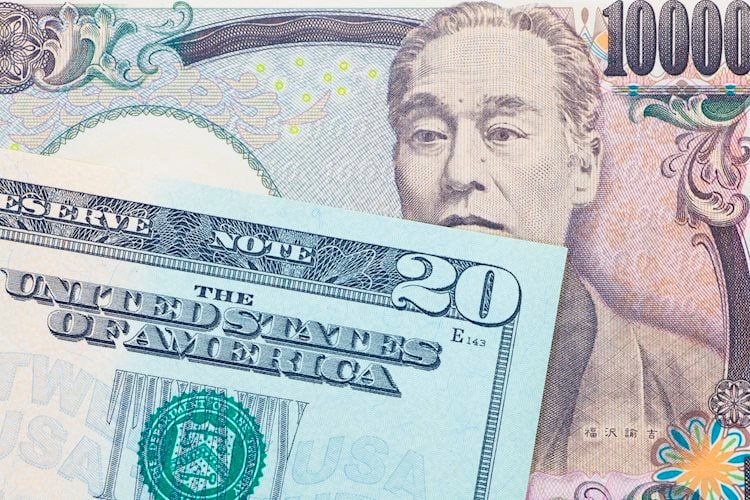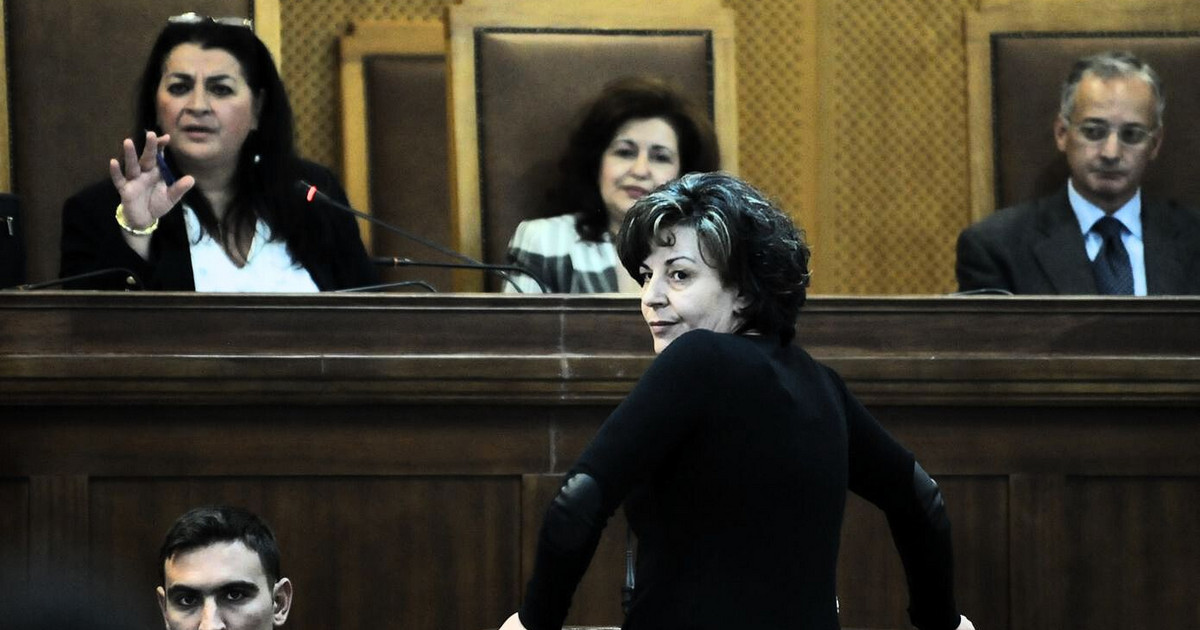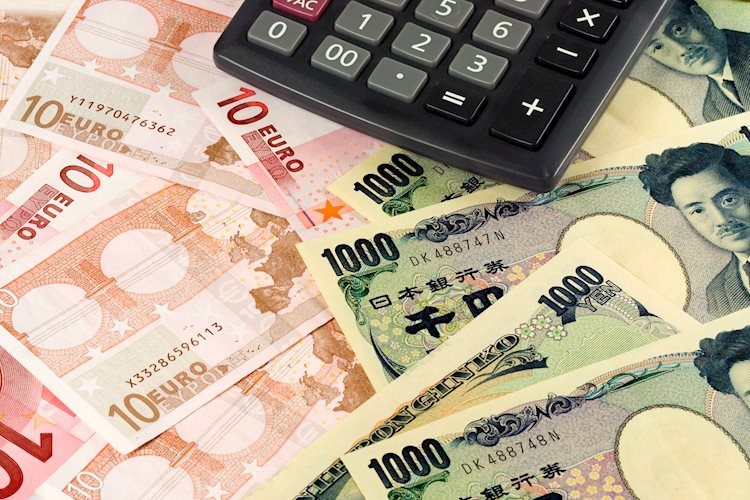The push and pull of Gianmarco Tamberi with his father Marco – he fired him, he hasn’t thought about it, it’s a divorce in the middle, they still work together – brings back the ancient theme of family relationships in sport. In the case of the Tamberi: the father trains his son. But he decided to raise the bar and broke the umbilical cord, only to think again (and in fact to the World Cup they went there together). Net that – in this case – the invitation to reconciliation came directly from the Federation (as if to say: guys, let’s not play jokes) the question remains open: being trained by a family member adds value or takes it awaybanally: does it make you make the most of it or does it dampen ambition?
If you ask a Filippo Tortu, the answer will be only one. In his professional growth, in the maturity cultivated day by day, in the path of technical evolution; Salvino’s hand – his father – was decisive. So the Lombard sprinter achieved historic results, so, for example, he won the gold medal in the 4×100 relay at the Tokyo Games. It is no coincidence that both, Filippo and Salvino, remembered that that goal was born in the days spent training, just the two of them, in the woods behind the house, during the lockdown. Let us instead enter the field of psychoanalysis if the same question were asked to Andrè Agassi: if you have read Open – his autobiography – you will agree that the real monster – according to the son himself – was his father Mike, the inventor of the machine that spit tennis balls all the time, what Agassi called Drago. But it helped him become the legendary champion we know.
The question is: how far must / can a father go to get the best out of his son? In a less violent way too Peter Graf, Steffi’s father, he put the racket in his daughter’s hand when she was less than three years old and told her: “This will become your job, put it well in your head.” After all, what matters is the (professional) relationship that is established. More than love – which is natural between father and son – esteem counts here. You have to believe, even before yourself, in the other person’s ability to improve you. Cesare Maldini he has never unbuttoned the qualities of his son Paolo (and to say that he could have done it with great serenity) and when he coached him – in the national team at the end of the 90s – he always treated him like the others. Likewise Graziano Rossi he immediately sensed the monstrous talent of his son Valentino and – from the beginning – he spent his time building around him an environment that would favor his growth.
Larissa Iapichino – after having tested other coaches – he decided that the leap in quality would have guaranteed him the man who knows her better than anyone else, her father Gianni. It was useless to go home and have her father explain (re) her exercises, better a daily confrontation, even hard but loyal.
There are many ways to train – seriously – your children. Recently, during Wimbledon, we have seen Nole Djokovic training with his seven-year-old son Stefan. Some dribbles, of course. But even more than an insidious ball, to verify if the child – because it is a child – has the tenacity and the intuition to chase them. So who knows if the most difficult job is that of the parent, or that of the coach who is also a parent.
– Rafa Nadal retires from Wimbledon due to injury: what is the limit for sportsmen?
– From Nadal to Baggio, the champions who have become “friends” of pain
Source: Vanity Fair






